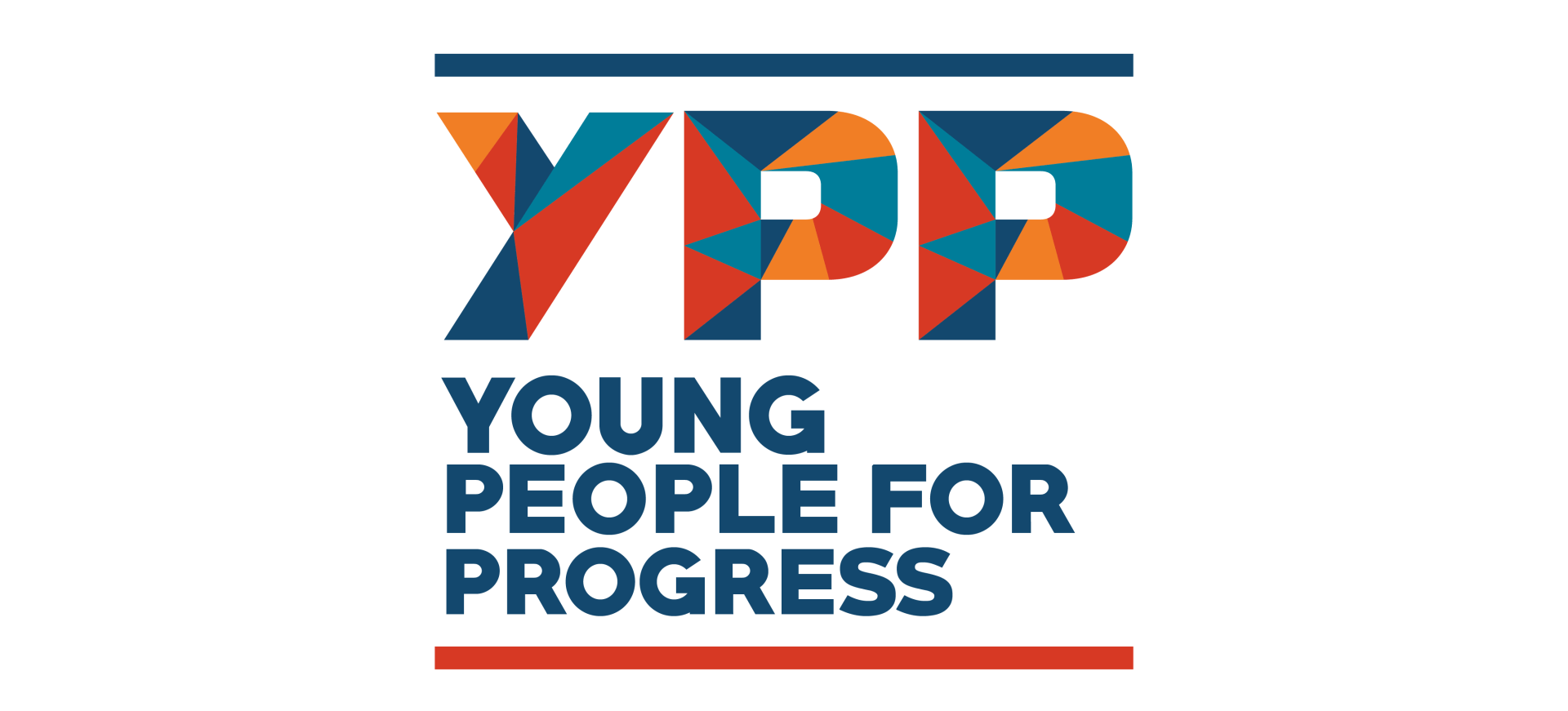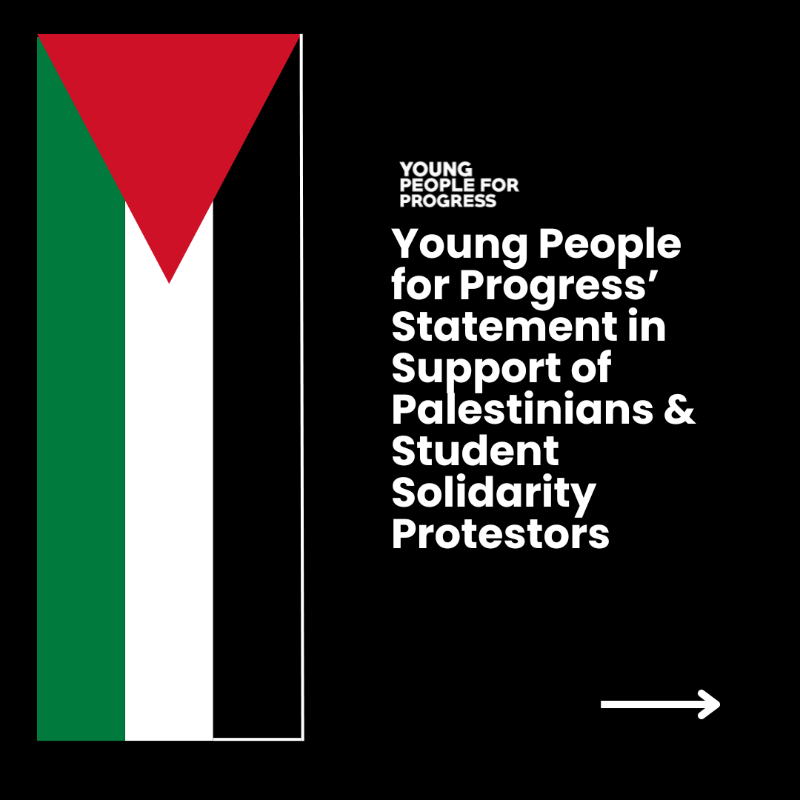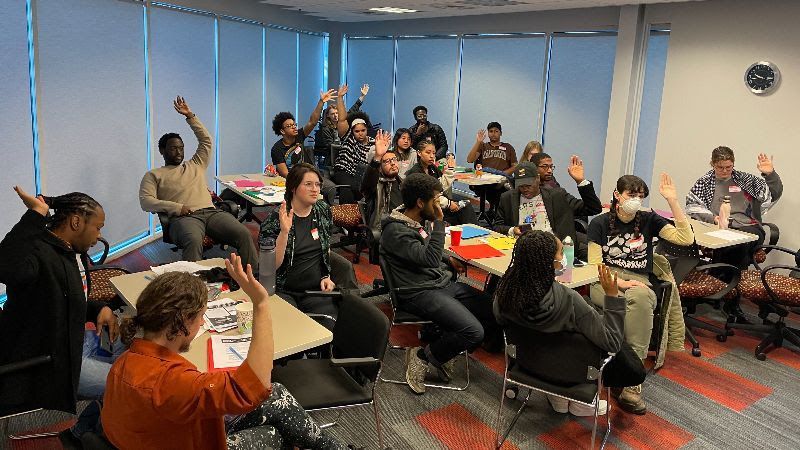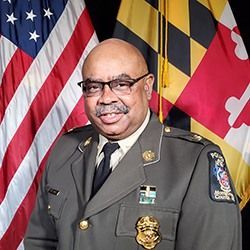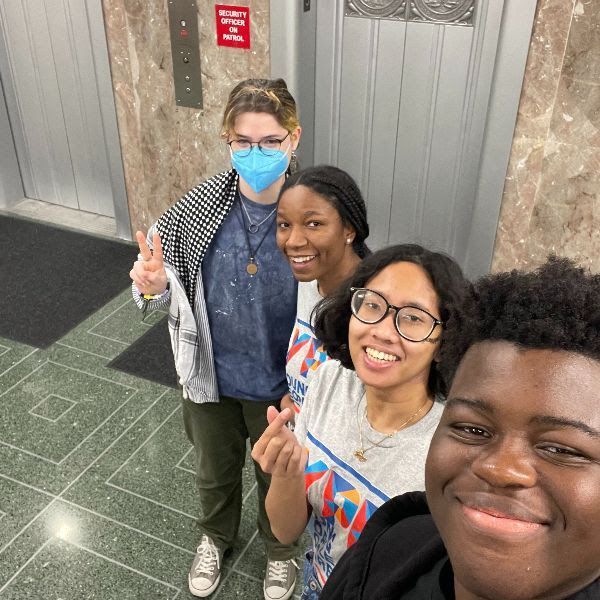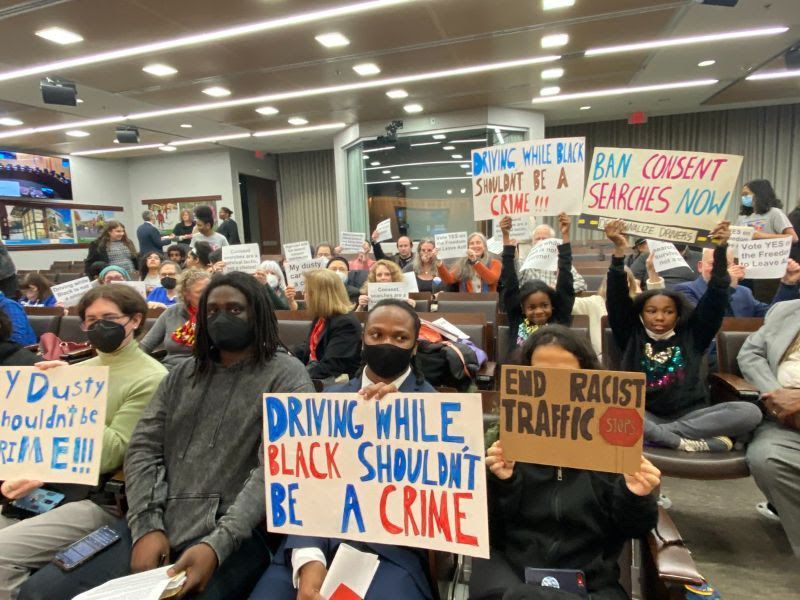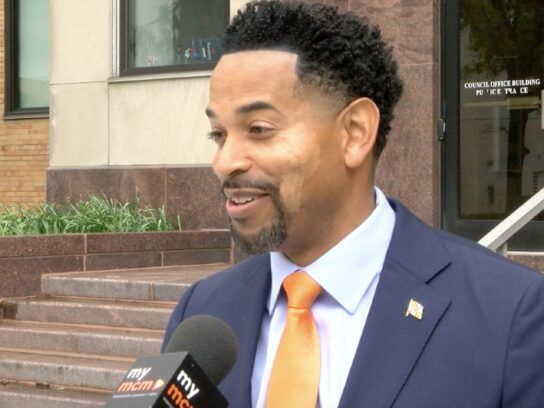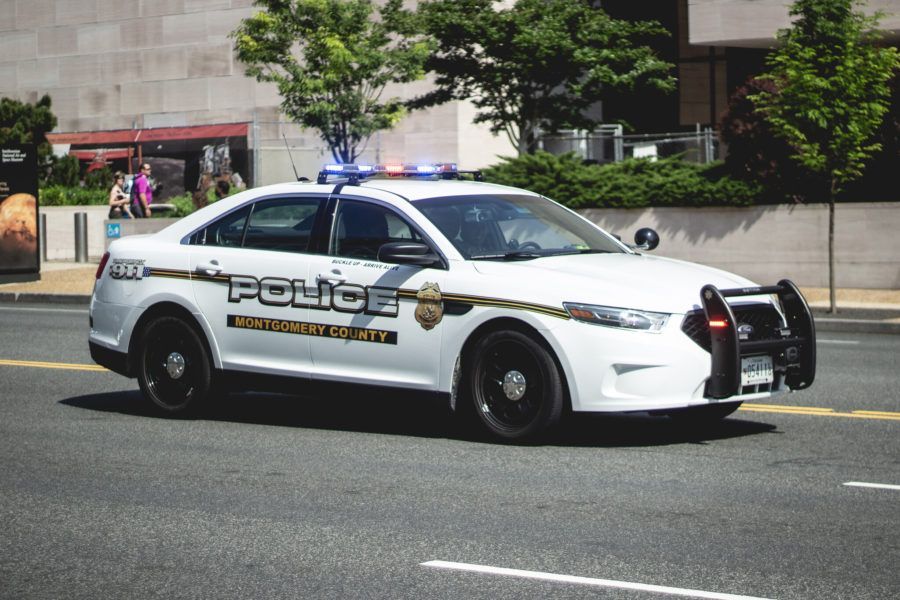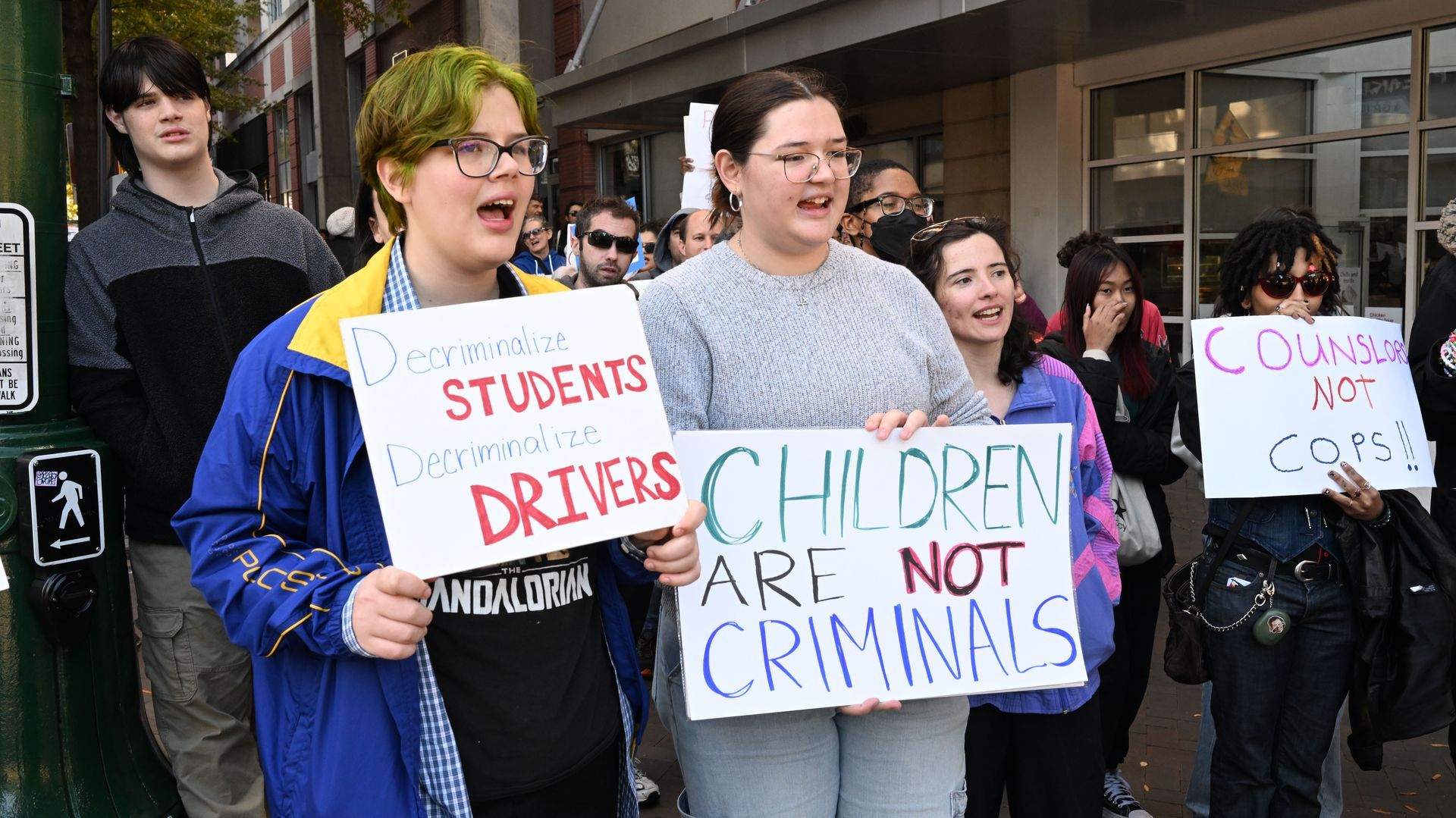Danielle Blocker • August 29, 2020
Policing Demands
Defund the Police, Decriminalize Survival, Invest in Communities
Demands for Real Change to Policing and Public Safety in Montgomery County
Over the past few months, police killings have sparked widespread outrage and renewed attention to police brutality and oppression both nationally and locally in Montgomery County, Maryland. Our leaders have attended public demonstrations and issued countless statements and social media posts expressing solidarity. Now we are asking those leaders to implement real and significant reforms. We demand our leaders:
1. Remove traffic enforcement from police responsibilities.
2. Take police out of schools.
3. Engage in harm reduction, including diversion, decriminalization, and responding to nonviolent and
non-emergency issues with non-police personnel.
4. Repeal the Law Enforcement Officers’ Bill of Rights (LEOBR).
5. Decrease the Montgomery County Police budget.
6. Invest in measures that strengthen communities and prevent crime, such as homelessness services and affordable housing, workforce development and youth programs, free, accessible, and safe public spaces.
Organizations can sign-on to these demands here.
1. Remove traffic enforcement from police responsibilities.
Traffic enforcement by police is not a good strategy to make our streets safer. It is not proven that police traffic enforcement improves traffic or pedestrian safety. However, there is overwhelming evidence that police disproportionately conduct traffic stops on people of color and many of the civilian deaths at the hands of police, in addition unwanted searches and profiling, occur during traffic stops. This is a racial justice issue, and much of this danger, including fear of violence, arrest, or issues around citizenship status can be avoided if traffic safety is not overseen by the police.
2. Take police out of schools.
There is no data that shows police in schools make them safer. There is clear and overwhelming evidence that police in schools disproportionately arrest black students, students of color, and students with disabilities. This policing propels students into the school-to-prison pipeline. Schools should be a place where students are nurtured and encouraged---not criminalized. If we truly believe in racial justice we need to remove police from schools replace them with measures that better improve school safety and student well-being while doing less harm.
3. Engage in harm reduction, including diversion, decriminalization, and responding to nonviolent and non-emergency issues with non-police personnel.
Police intervention and arrest is the first, and sometimes only, response to many social problems. However this response is disproportionately done to young people, poor and working class people, and people of color. It also causes great harm, including physical and emotional trauma and huge negative financial, employment, familial and other consequences. Better and more just alternatives to criminalization exist. Alternatives to arrest for low-level offenses, such as trespassing and loitering, that have non-police professionals respond and connect people to resources and support are already highly popular and successful in Seattle, Albany, and a growing number of other cities. If we are committed to racial justice, we need responses that reduce the harm done to our community, especially black and brown people, working people, and young people.
4. Repeal the Law Enforcement Officers’ Bill of Rights (LEOBR).
Since 1974, LEOBR has prohibited civilian review of police and their internal discipline process, prevented any discipline of a police officers that is not recommended by a board of other police officers, and stripped taxpayers’ agency to decide if and how they pay for police leave and legal fees when officers are being investigated (and even found guilty) for misconduct. LEOBR needs to be immediately repealed.
5. Decrease the Montgomery County Police budget.
In the midst of a pandemic and increasing economic stress on our county, the Montgomery County operating budget for FY21 has recommended over $228 million to police programs. The capital budget allocates another $78 million, bringing the total to over $306 million. This includes new projects, such as an Outdoor Firearms Training Center, which is projected to cost over $5 million. It also allocates valuable resources to reforms (such as purchasing 200 new dashboard cameras and upgrading body cameras) that have been proven not to stop the police brutality that is rampant in our county and country.
Police in this county have not kept residents safe. Those mourning Finan Berhe, Robert White, Emmanuel Okutuga, and Peter Njang can tell you that. We do not need or want $306 million worth of policing. We want our communities to be safe.
6. Invest in measures that strengthen communities and prevent crime, such as homelessness services and affordable housing, workforce development and youth programs, free, accessible, and safe public spaces.
We know arresting people does not prevent or reduce crime, but instead causes barriers to future employment as well as a host of financial, health, and other issues for the incarcerated, their families, and the community at large. We need programs that invest in communities and get a the root of problems so people can thrive.
Organizations can sign-on to these demands here.
Signed,
ACLU MD, Montgomery County Chapter
ACLU of Maryland
Asian American Progressive Student Union
Bethesda African Cemetery Coalition
Bonimot Tzedek (Justice Builders)
CASA
DC Teens Action
DMV Peaceful Protest
Hear Our Voices MoCo
Jews United for Justice
Maryland Poor People’s Campaign
MoCo Against Brutality
Moms of Black Boys United for Social Change
Montgomery County Democratic Socialists of America
Montgomery County Education Forum
Montgomery County Racial Equity (MORE) Network
Montgomery County Students for Change
Muslim Public Affairs Council
Progressive Maryland
Showing Up for Racial Justice - Montgomery County, MD
Silver Spring Justice Coalition
Sisterhood of Salam Shalom
Students Toward Equitable Public Schools
Sunrise Silver Spring
Takoma Park Mobilization-Equal Justice Committee
Young People for Progress
Youth For Equity
